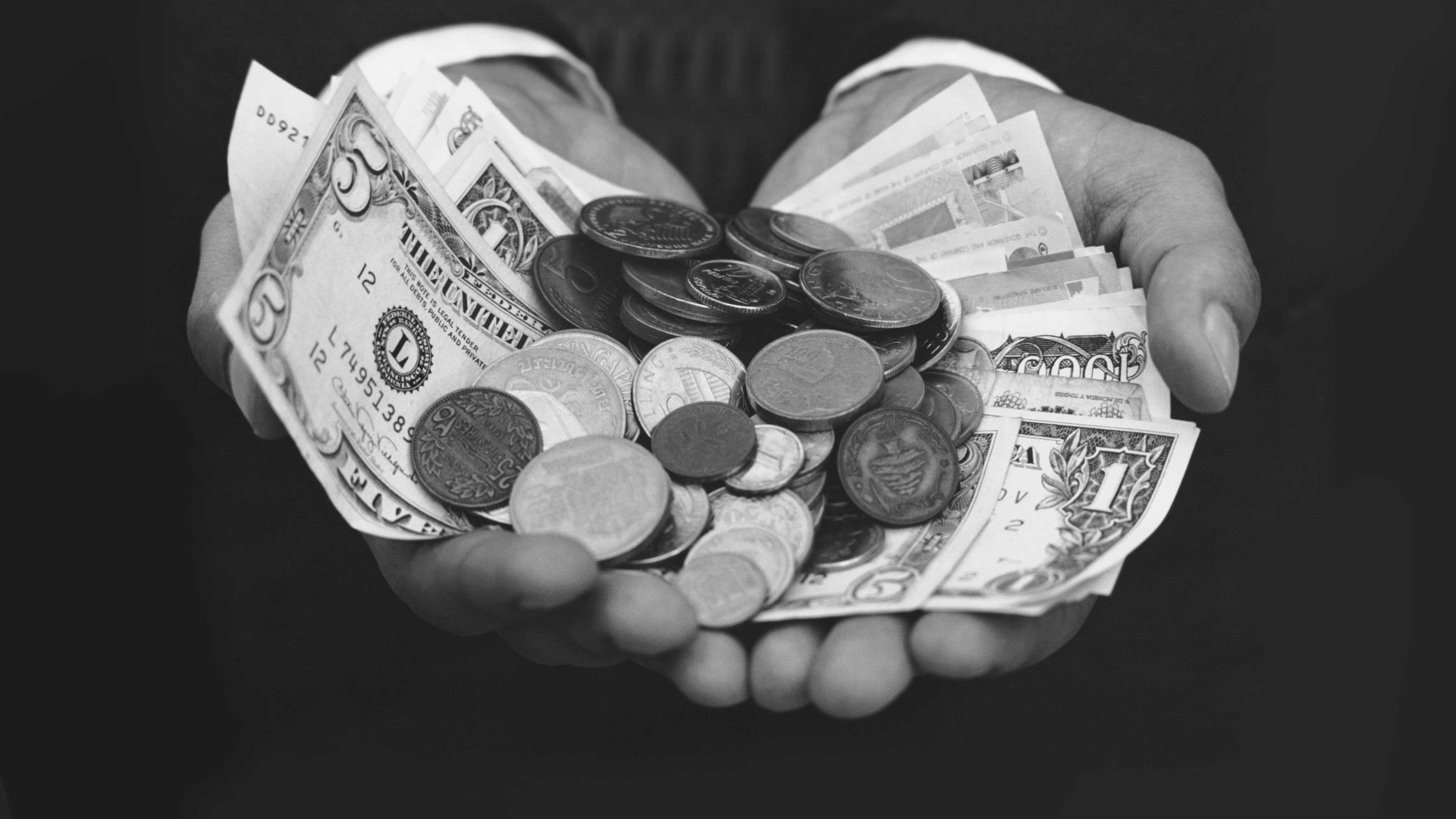In Douglas Adams’ The Restaurant at the End of the Universe, the second volume of his Hitchhiker’s Guide to the Galaxy series, Zaphod Beeblebrox, Ford, Trillian, and Arthur Dent find themselves at the eponymous restaurant, a great place from which to watch the destruction of all creation. They’re hungry and at a waiter’s suggestion they “meet the meat”.
A large watery-eyed cow with small horns then wanders up to their table. This is an Ameglian Major cow and it is Dish of the Day. The animal introduces itself and asks, “May I interest you in parts of my body?” It then goes on to recommend various cuts of its own flesh: “Something off the shoulder, perhaps… braised in a white wine sauce?”
The joke is that the cow actually wants to be eaten. Dent is distinctly uncomfortable about this, but Zaphod orders four rare steaks, and the cow commends him on his choice, and goes off to shoot itself.
I was reminded of this cow when I read about the 260 billionaires and millionaires, including Brian Cox, Abigail Disney, and Valerie Rockefeller, who last week requested that the politicians gathered at the World Economic Forum in Davos tax the very wealthy more heavily. They signed a letter with the title “Proud to Pay”.
The super-rich signatories to the letter want to be taxed at a higher rate because they think too much wealth and consequently too much power is in the hands of too few people. Perhaps, though, this was just a form of wealth-signalling – rather like the message carried by the peacock’s tail, a way of showing that you are so strong that you can drag around those heavy feathers, or so wealthy that you can easily take the hit of higher taxation. But let’s give them the benefit of the doubt and assume that they are not simply wealth- or even virtue-signalling. Would their proposal change much?
The situation is terrible already and the poverty gap is widening. Thomas Piketty has convincingly shown that wealth inequality is set to grow unless governments intervene to redistribute. Oxfam recently reported that the fortunes of the five richest men in the world have increased by 114% since 2020.
The signatories to the letter are not suggesting that governments tax them into penury – theirs isn’t anything close to a Franciscan vow of poverty, and they don’t intend to live the rest of their lives in sackcloth. Nor are they advocating a Marxist revolution, with the workers seizing the means of production.
The kind of redistribution they’re after is modest enough to leave them all very comfortably off, still able to own private jets, islands, and iconic works of art. I’m sure they’d be able to find “wealth management” loopholes if it looked like they’d lose too much, anyway. So their situation is a bit different from the Ameglian Major cow since they will survive the taxes if any governments take up their suggestion. But, a bit like the cow offering cuts of its own body, they are asking for governments to carve away some of their own wealth to benefit others.
Arthur Dent ends up not eating his steak from the Ameglian Major cow because it doesn’t seem right, and I feel a little uneasy about tax recommendations for the super rich coming from this source. Something so important shouldn’t be left to this minority, not least because it would confirm they have disproportionate power.
I’m also sceptical about whether taxing billionaires more would reduce the poverty gap significantly, given how adept many of them are at finding loopholes.
Perhaps it could have an impact, though, if the money collected were redistributed in the form of a universal basic income (UBI), with regular payments of the same amount to everyone, making distribution simple and cheap. First, that would treat people with dignity because it assumes that everyone has a right to a basic minimum standard of living. Beyond that it sidesteps any question about who deserves what.
The question of deserved rewards is philosophically complicated, and this avoids that issue altogether. No one has earned this basic wage. Those who feel they don’t need the money can decline it.
UBI also avoids the hard-to-realise utopian aim of equal wealth for all. It doesn’t deliver Karl Marx’s ideal of “From each according to his ability, to each according to his needs” either, but it’s not a panacea. Yet it could take the edge off poverty if payments were at a high enough level.



